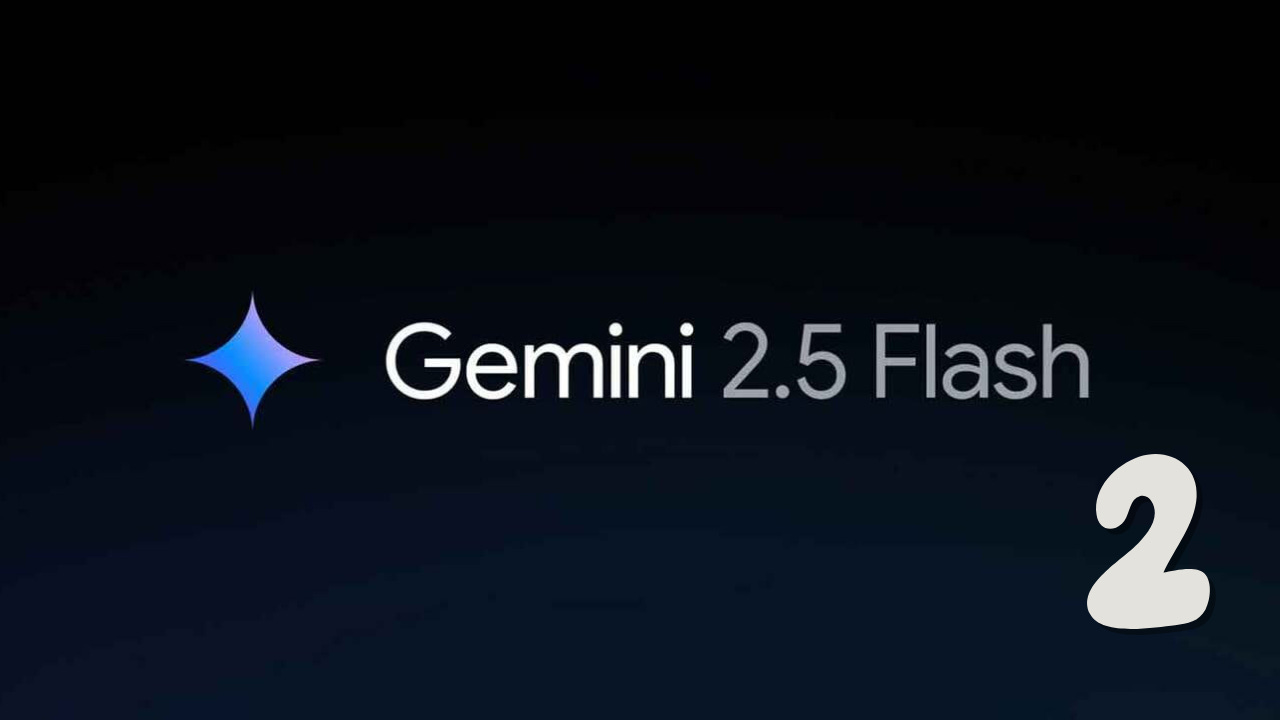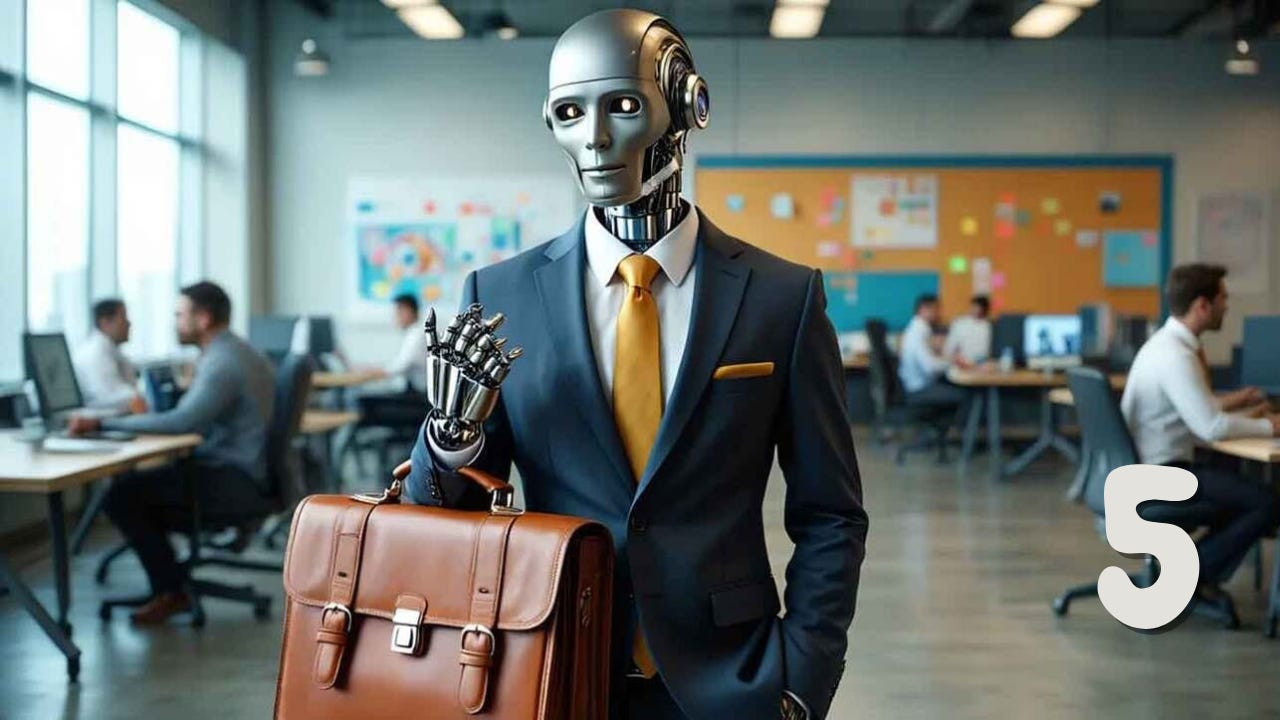🎉 Gemini 2.5 Launches, DeepMind Talks AGI, Open Source TTS, WaPo Joins ChatGPT, Bots With Benefits
Think Fast, Spend Less, Cure All, Know All, Bezos in the Prompt, Bots With Benefits
Welcome to this week’s edition of AImpulse, a five point summary of the most significant advancements in the world of Artificial Intelligence.
Here’s the pulse on this week’s top stories:
What’s Happening: Google DeepMind CEO and Nobel laureate Demis Hassabis appeared on 60 Minutes, discussing AGI timelines, medical breakthroughs, and debuting DeepMind’s new assistant, Project Astra.
The details:
Hassabis said AI could shrink drug development from years to weeks, potentially eradicating disease within a decade.
Astra demos showed visual reasoning, emotion detection, and a wearable glasses prototype.
He projected AGI in 5–10 years, acknowledging today's AI isn’t conscious — but might evolve toward it.
Another demo featured robots grasping abstract ideas like color theory through reasoning.
Why it matters: Hassabis’ vision of the future may sound sci-fi, but his credibility is unmatched. His forecast frames AGI as a near-term event — and sets an ambitious bar for AI’s role in healthcare and robotics.
What’s Happening: Google unveiled Gemini 2.5 Flash — a cost-efficient, hybrid reasoning AI that rivals o4-mini and outperforms Claude 3.5 Sonnet in reasoning and STEM benchmarks, with a new “thinking budget” for tuning performance and cost.
The details:
2.5 Flash delivers major reasoning gains over 2.0 Flash and introduces a toggleable thinking process for efficiency control.
It excels in reasoning, STEM, and visual benchmarks — at significantly lower cost than leading models.
Developers can allocate a “thinking budget” of up to 24k tokens to balance speed, quality, and cost.
Available now via Google AI Studio, Vertex AI, and as a test feature in the Gemini app.
Why it matters: Google may not have dominated headlines, but this release is a big swing — offering granular control over performance makes it ideal for high-volume or complex workflows that need affordable AI on demand.
What’s Happening: Korean upstart Nari Labs launched Dia, an open-source TTS model surpassing major players like ElevenLabs and Sesame — built by two undergrads with no funding.
The details:
Dia is a 1.6B parameter model that includes emotional inflection, speaker variation, and nonverbal cues.
Built with support from Google’s TPU Research Cloud and inspired by NotebookLM.
Testing shows Dia outperforming ElevenLabs and Sesame in expressiveness and natural delivery.
Founder Toby Kim says a consumer app for social audio is on the way.
Why it matters: This is DIY AI at its finest — undergrads with passion and cloud credits built a top-tier model, proving talent and tools now matter more than money when it comes to building breakthrough tech.
What’s Happening: The Washington Post signed a content partnership with OpenAI, bringing its reporting — with summaries and direct links — into ChatGPT responses.
The details:
ChatGPT will now cite WaPo stories, with quotes, summaries, and links woven into answers.
The deal joins WaPo to OpenAI’s growing group of 20+ media partners.
It arrives amid lawsuits from publishers like the NYT over AI training data and copyright use.
WaPo has tested its own AI tools like Ask The Post and Climate Answers.
Why it matters: By teaming with OpenAI, WaPo is betting access beats opposition. The partnership boosts credibility for ChatGPT and marginalizes holdouts still stuck in court — making AI-era media strategy a game of visibility.
What’s Happening: Anthropic’s CISO Jason Clinton says AI “virtual employees” will join corporate networks within a year — sparking urgent new challenges in cybersecurity.
The details:
These AIs will have corporate accounts, credentials, and persistent memory — far beyond task-based agents.
Risks include privilege management, access oversight, and liability for autonomous behavior.
Clinton calls this the next major AI security frontier — requiring new governance and tooling.
Anthropic continues to harden its own models against emerging threats.
Why it matters: The workforce is about to evolve fast — and security must evolve with it. Without clear rules and protections, AI workers could open doors to unseen risks, making cybersecurity a race against autonomy.






